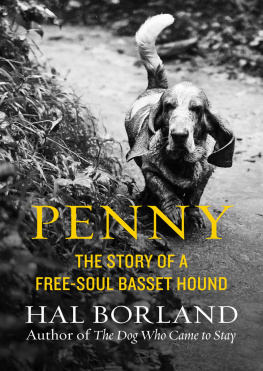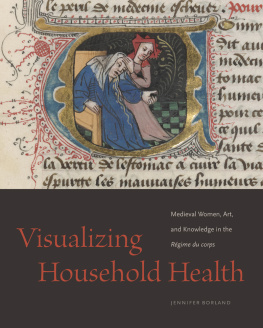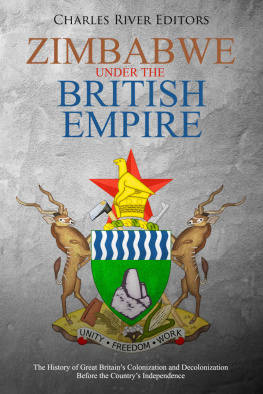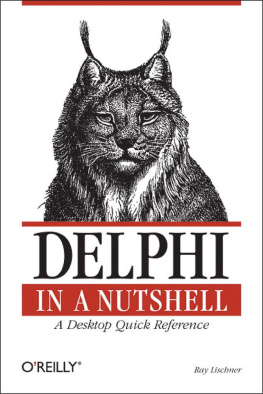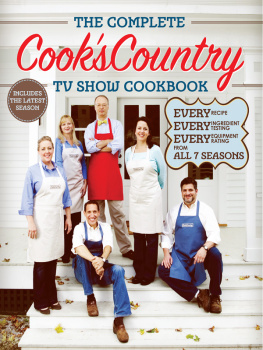Foreword
THIS IS A STORY of youththe transition years of a boy, of a town, of the culture of an area. Because I happened to be the boy, it is autobiography; but because the area was the High Plains of eastern Colorado and the time was those years when the Old West was passing and the New West was emerging, it partakes of social history. The town itself was young, but it too began to grow up in those years. The areawell, people and their towns are young or middle-aged or old, but the land itself is almost beyond ageing, except in the millennial terms of geology. The area itself did not much change, but change was wrought upon it.
It was a time when we still heard echoes and already saw shadows, on moonlit nights when the coyotes yapped on the hilltops and on hot summer afternoons when mirages shimmered, dust-devils spun across the flats, and towering cumulus clouds sailed like galleons across the vast blueness of the sky. Echoes of remembrance of what men once did there, and visions of what they would do tomorrow.
We heard the echoes of prayer chants, war chants, hunting chants of Arapaho and Cheyenne. We saw the hills dark with buffalo, more buffalo than man could count, meat to feed the plains people forever; and we heard the echoing rifle shots of the buffalo killers, who took tongues and hides and left the carcasses for the carrion eaters, the bones for us to find in the eternal grass forty years later. We saw the shadowy herds trailing north, Texas cattle, heard the echoes of their bawling, their hoof-and-horn rattle, the sad chants of their night herders. We saw the railroad builders come, thrusting steel rails westward, rod by rod, heard their grunt-and-heave, their profane brag, their spike hammers ringing, smelled their sweat, watched the black-smoke locomotive and the clanking iron wheels follow them, mile by mile.
We saw, heard, smelled, felt, almost tasted the past.
We saw the homesteaders come, saw them string their barbed wire, plow their shallow furrows, plant their corn, build their dugouts and soddies and new-pine shanties. We saw them come and we saw them go, drouthed out, grasshoppered out, plain discouraged out; and always a few, a steadily growing number of them, hanging on by their teeth and their broken fingernails, bellies full of jack rabbit and cornmeal mush and plain sand-grit. Settling up the country. We heard the first chuff and cough of tractors, saw them ripping up the sod, the buffalo-grass sod that had been there since the last Ice Age, and planting wheat. In the heat of July afternoons we heard the harvesters come with their clatter and rumble and roar, saw their clouds of dust and chaff, watched the golden river of grain flow from high, far fields to the railroad in a stream of trucks that never let the dust settle. We felt the bite on our cheeks, tasted the grit between our teeth, when dust-devils danced across the harvested fields, forerunners of black blizzards of desolation still to come.
We saw, heard, smelled, felt, tasted the new, displacing the old.
We who were young in that time and place were fortunate to know something of that old heritage at the same time that we were growing up into the new. Actually, in that areaand I am sure it must have been true in many other parts of this country toothe nineteenth century did not end with the 1890s. It persisted, and the twentieth century did not really take over until some time between 1915 and 1920; not until after World War I in our area. And it is about those years, that time of change from one century to another, which happened to defy the calendar, that I am writing here.
This book is a companion story to the one I told in High, Wide and Lonesome, and in terms of time it is a sequel. In the earlier book I wrote of a frontier vanishing before the eyes of a boy who lived on a homestead under primitive pioneer conditions. Here I have written of that same boy, now somewhat older and somewhat more civilized, at least amenable to life in a community. And I have written of that boys father and mother, both somewhat changed by the homestead experience. The boy himself is in the process of basic, inevitable change; not only is he no longer a pioneer, but he is growing up, still in transition from one age to another but reaching toward adulthood. The fact that I was the boy in the earlier book and the youth in this one does not in any way alter the background or the history. It merely makes possible a firsthand account with more truth than if I were writing about someone else. Actually, at this point in life I look back at that boy, that youth, as someone I knew intimately years ago and miles away, but definitely not as the self I now know and am. But I did know him better than I could possibly know anyone else, so it is his story that I have told.
It is always difficult to achieve perspective on the past that we have known, particularly if it has been a time of swift and profound change. I remember things my father said when, in his late fifties, he was asked what it was like to be a pioneer. Father said, I dont know. I wasnt a pioneer.
But, the interviewer said, you were one of the earlier settlers here in eastern Colorado, werent you?
Not particularly early. We came in nineteen ten. There were at least two big waves of homesteaders before we came, but not many of them stayed. The ranchers were here before those homesteaders. The ranchers began to settle here soon after the Civil War.
Was the land really settled up when you came?
No. Our closest neighbor was a sheep camp, a herder and a couple thousand head of sheep. And the camp closed for the winter.
You came to Flagler in nineteen fifteen?
Thats right. Flagler was a growing town by then. It wasnt settled for several years after the railroad came through in eighteen eighty-seven, but it wasnt a primitive settlement, by any means, in nineteen fifteen.
It is a matter of definition. Father was using dates and years as his criterion. Actually, we were pioneers on the homestead; we built the first house on that land, dug the first well, plowed its sod for the first time. And he was, if not actually a pioneer editor, at least the editor of a weekly newspaper in a town just turning from the old to the new when he arrived. To me, a pioneer is one who helps create a new line of thought or action, and in that sense he was a pioneer editor. He was one of the principal forces for change.
So, as I was saying, this is a story of change. With it I have completed my account of how one small family, and especially the son of that family, experienced the transition in one semi-isolated area from the early, primitive life of the sod-house frontier to the modern age between that sons small boyhood and his manhood. Others have written many accounts of the past half centurys intense urbanization, its social and economic turmoil, its technological domination, and its incessant wars, between man and man, man and the elements, man and his own environment. I would not add to that list. But not many of us have been hurtled from the equivalent of the 1850s to the 1920s in a single decade, and still fewer of us have written about that experience.







